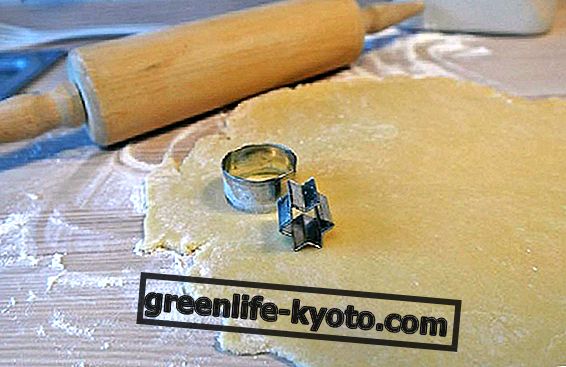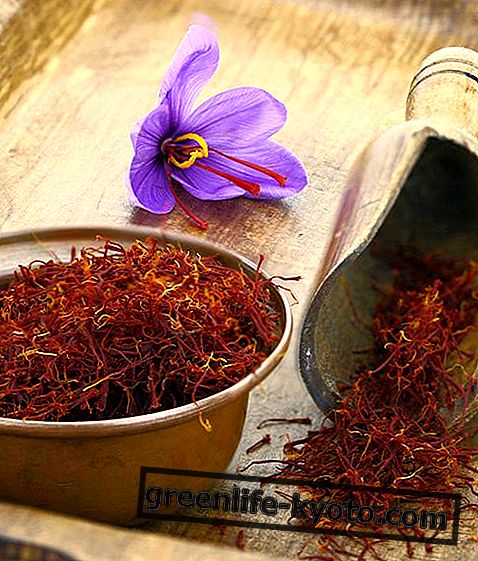Lapis lazuli: description
Mineral class: silicate.
Chemical formula: (Na, Ca) 8 [SO4 / S / Cl) 2 / (AlSiO4) 6] + Fe
Lapis lazuli is a sodium alumosilicate with sulfur and chlorine that is formed during the metamorphosis of marble calcium. In practice it is a rock because it is composed of a set of minerals (mainly lazurite and calcite ) which give the stone an almost homogeneous appearance and the characteristic intense blue color . The presence of iron instead determines the formation of gold-colored pyrite inclusions.
Lapis lazuli has a vitreous luster, is opaque or slightly translucent at the edges. The qualities most appreciated for ornamental purposes are those of uniform and dense coloring and the most important deposits are found in Afghanistan, China and Chile.
Because it is a porous stone, it is sensitive to pressures, high temperatures, chemicals and solvents.
Lapis lazuli : element
Water : the water element concerns the sphere of emotions and femininity (love, healing, compassion, reconciliation, intuition).
Lapis lazuli: chakra
Fifth chakra Vishudda ("Throat")
Lapis lazuli : mythology
The term lapis lazuli derives from the Latin lapis, "stone", and from the Arabic lazhward, "light blue".
In Egypt and Mesopotamia it was used in rituals. Together with the agate it is one of the most ancient precious stones, the testimonies we have date back to the fifth millennium BC: it was found both in the Pharaonic tombs and in the Sumerian ones.
In India, lapis lazuli is known for its power to strengthen vision and safeguard health.
In Buddhism it is considered one of the seven treasures and symbolizes self-consciousness .
The ancient Romans believed that it had aphrodisiac properties, while in the Middle Ages it was thought that it removed fear and envy.
In the Middle Ages, with the lapis lazuli powder the highest quality of blue was created for the frescoes, the ultramarine blue, extremely resistant over time.
Due to its surface that resembles a starry sky, lapis lazuli is also called "stone of the sky" .
Lapis lazuli: effect on the body
Lapis lazuli is indicated in disorders and inflammation of the throat and upper areas, including laryngitis, all forms of allergy and asthma.
Lapis lazuli is useful for vision and the bone apparatus .
If worn on the wrist it calms high blood pressure, regulates thyroid function and is useful as an anti-inflammatory and antipyretic. Regularizes the menstrual cycle .
Lapis lazuli: effect on the psyche
Lapis lazuli promotes wisdom and honesty, helps self-assertion and stimulates intuition and concentration . It leads to clarity about oneself and one's intentions. It supports its decisions and promotes kindness.
Lapis lazuli has a strong calming power, keeps anger under control and invites to rationalize emotions.
Known as the stone of friendship, it facilitates the expression of feelings, makes one extrovert and improves interpersonal relationships. It helps to master conflicts and pushes to affirm one's opinions with sincerity.
It is the stone that connects man with the universe and harmonizes the microcosm with the macrocosm.
Lapis lazuli: method of use
Lapis lazuli can be discharged after use under running water.
For spiritual use one can place the lapis lazuli on the forehead during meditation.
As far as physical therapy is concerned, it can be carried as an ornamental stone around the neck even for long periods.













